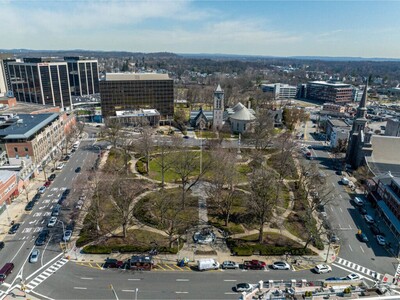New Jersey Urges Residents to Apply for Utility Bill Assistance Before Winter Program Ends on March 15
Apply for the Low-Income Household Water Assistance Program, the Low-Income Home Energy Assistance Program, and Other Utility Assistance Programs
Utility and Heating Shutoffs for Bill Nonpayment Will Resume After the Winter Termination Program Ends on Wednesday, March 15
New Jersey residents who are struggling to pay their utility bills are being urged to apply for assistance programs. The Low-Income Household Water Assistance (LIHWAP) program, the Low-Income Home Energy Assistance Program (LIHEAP), and other utility assistance programs are available to help those who have past-due bills. However, the Winter Termination Program (WTP), which prevents utility and heating shutoffs during the cold winter months, will end on March 15, and companies can resume shutoffs for nonpayment.
The Department of Community Affairs (DCA) is encouraging people to apply for assistance before the WTP ends. "Moderate-income households are also eligible for assistance as a result of increases in federal income limits. Therefore, if you are behind on your utility bills, don’t hesitate to reach out to DCA. Significant funding is available and we want to help New Jersey families pay their bills," said Lt. Governor Sheila Oliver, who serves as Commissioner of DCA.
The LIHWAP program provides benefits directly to water and wastewater companies on behalf of residential customers. These benefits can be used to restore services that have been terminated, avoid service disruption for those in danger of disconnection, and support those who are current in their bills but might be in danger of falling behind in the near future. Priority is given to families with elderly or disabled household members and/or with children under the age of five.
To be eligible for LIHWAP assistance, applicants must be water/wastewater bill holders responsible for paying their water and sewer bills directly to the companies. Additionally, their total gross household income must be at or below 60% of the state median income ($6,662 a month for a family of four).
Participants in LIHEAP are automatically eligible for LIHWAP assistance as long as they are water/wastewater bill holders. LIHEAP helps households at or below 60% of the state median income pay for energy costs, and the Universal Service Fund (USF) program provides a monthly credit on electric and gas bills for households at or below 400% of the federal poverty level ($111,000 a year for a family of four).
To apply for LIHWAP, LIHEAP, or other assistance programs, households can visit the DCAid portal at http://www.nj.gov/dca/dcaid. The DCAid portal has a tool for people to check what other benefits they may qualify for. People who do not have access to computers or the internet can call 1-800-510-3102 to be directed to one of the community action agencies partnering with DCA to assist them with starting, completing, and submitting an application online.
Applications for LIHWAP and LIHEAP are reviewed on a rolling basis and assistance is awarded on a first-come, first-served basis. Therefore, applicants should not wait to apply. For more information about the DCA and its programs, visit https://nj.gov/dca/.














